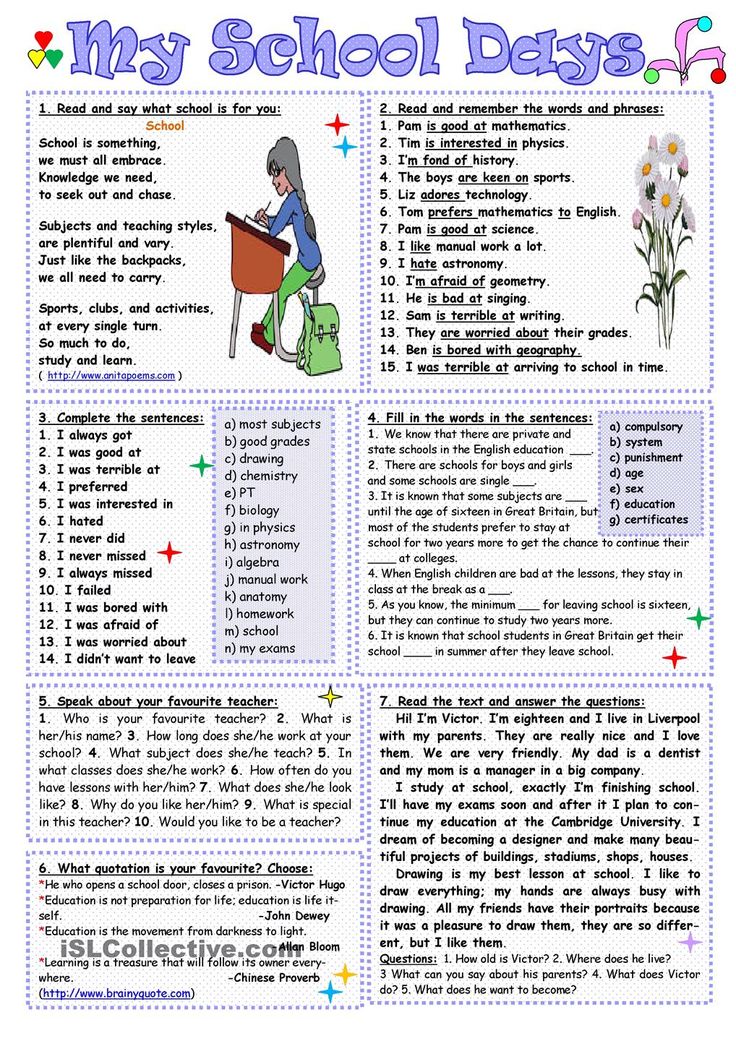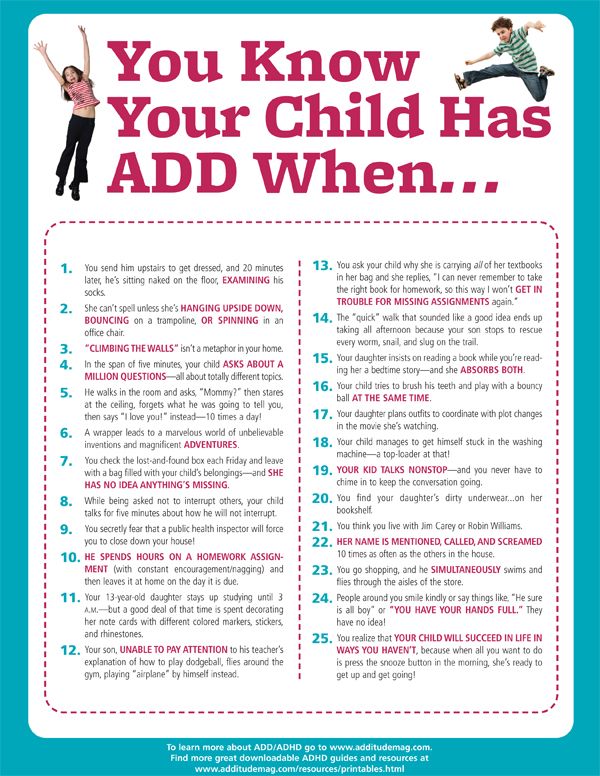How to punish a child for not doing homework
My Child Refuses To Do Homework
For many parents, getting their kids to do their homework is a nightly struggle. Some kids refuse to do their homework. Others claim that they don’t have homework, but then the report card comes out, and you realize that their work was not being done.
So why is homework time so difficult? In my opinion, one of the major reasons is that it’s hard for kids to focus at home. Look at it this way: when your child is in school, they’re in a classroom where there aren’t a lot of distractions. The learning is structured and organized, and all the students are focusing on the same thing.
But when your child comes home, their brain clicks over to “free time” mode. In their mind, home is a place to relax, have a snack, listen to music, and play video games. Kids simply don’t view the home as the place to do schoolwork.
If the homework struggles you experience are part of a larger pattern of acting out behavior, then the child is resisting to get power over you. They intend to do what they want to do when they want to do it, and homework just becomes another battlefield. And, as on any other battlefield, parents can use tactics that succeed or tactics that fail.
Regardless of why your child won’t do their homework, know that fighting over it is a losing proposition for both of you. You will end up frustrated, angry, and exhausted, and your child will have found yet another way to push your buttons. And, even worse, they will wind up hating school and hating learning.
A major part of getting your child to do their homework lies in establishing a system so that your child comes to see that homework is just a regular part of home life. Once they accept that, you’ve already won half the battle. Accordingly, my first few tips are around setting up this system. If you get the system right, things tend to fall into place.
Put this system in place with your child at a time when things are calm and going well rather than during the heat of an argument. Tell your child that you’re going to try something different starting next week with homework that will make it go better for everyone. Then explain the system.
Tell your child that you’re going to try something different starting next week with homework that will make it go better for everyone. Then explain the system.
You’ll find that this system will make your life easier as a parent, will make you more effective as a parent, and will help your child to get the work done. And when your child gets their work done, they’re more likely to succeed, and nothing drives motivation more than success.
Structure the Evening for Homework
When your kids come home, there should be a structure and a schedule set up each night. I recommend that you write this up and post it on the refrigerator or in some central location in the house. Kids need to know that there is a time to eat, a time to do homework, and also that there is free time. And remember, free time starts after homework is done.
Homework time should be a quiet time in your whole house. Siblings shouldn’t be in the next room watching TV or playing video games. The whole idea is to eliminate distractions. The message to your child is, “You’re not going to do anything anyway, so you might as well do your homework.”
The message to your child is, “You’re not going to do anything anyway, so you might as well do your homework.”
Even if your child doesn’t have homework some nights, homework time should still mean no phone and no electronics. Instead, your child can read a book or a magazine in their room or work on longer-term assignments. Consistently adhering to the homework time structure is important to instill the homework habit.
Start the Evening Homework Habit When Your Kids are Young
If your children are younger and they don’t get homework yet, set aside quiet time each evening where your child can read or do some type of learning. Doing so will help children understand that evening quiet and study time is a part of everyday home life, just like chores. This habit will pay off when the real homework begins.
Use a Public Place for Homework
For a lot of kids, sending them to their rooms to do their homework is a mistake. Many children need your presence to stay focused and disciplined. And they need to be away from the stuff in their rooms that can distract them.
And they need to be away from the stuff in their rooms that can distract them.
You know your child best. If you think they’re not being productive in their room, then insist they work at the kitchen table or in some other room where you can monitor them and where there will be fewer distractions.
If they do homework in their room, the door to the room should be open, and you should check in from time to time. No text messaging, no fooling around. Take the phone and laptop away and eliminate electronics from the room during study time. In short, you want to get rid of all the temptations and distractions.
Give Breaks During Homework Time
Many kids get tired halfway through homework time, and that’s when they start acting up. If your child is doing an hour of homework, have them take a 5-minute break every half-hour so that they can get up, have a snack, and stretch their legs. But don’t allow electronics during the break—electronics are just too distracting.
Monitor the break and ensure that your child gets back to work promptly.
Be sure to encourage your child when they’re discouraged. It’s okay to say things like:
“I know it’s a drag, but think of this—when you get your work done, the rest of the night is yours.”
Or:
“Look, if you do your work all week, you’ll have the whole weekend to do what you want.”
Show your child empathy—how many of us truly enjoyed homework every night? It’s work, pure and simple. But your child will be encouraged when they begin to have success with their work.
Help Your Child Get Started With Their Homework
Some kids have a hard time getting assignments started. They may be overwhelmed or unsure where to begin. Or the work may seem too difficult.
There’s a concept I explain in The Total Transformation® child behavior program called hurdle help. If you have a child who has a hard time getting started, spend the first five minutes with them to get them over the first couple of hurdles.
For many kids who are slow starters, hurdle help is very effective. This doesn’t mean you are doing their homework for them—this is simply extra help designed to get them going on their own.
Help Your Child Manage Long-Term Assignments
If your child has a big, long-term project, then you want to work with them to estimate how much time it’s going to take. Then your child has to work within that time frame. So if your child has a science project, help them manage and structure their time. For instance, if the project is due in 30 days, ask them:
“How much time are you going to spend on it each night?”
They might say, “15 minutes a night,” and you hold them to that.
Don’t assume that your child knows how to manage their time effectively. As adults, we sometimes take for granted the habits we have spent a lifetime developing and forget that our kids are not there yet.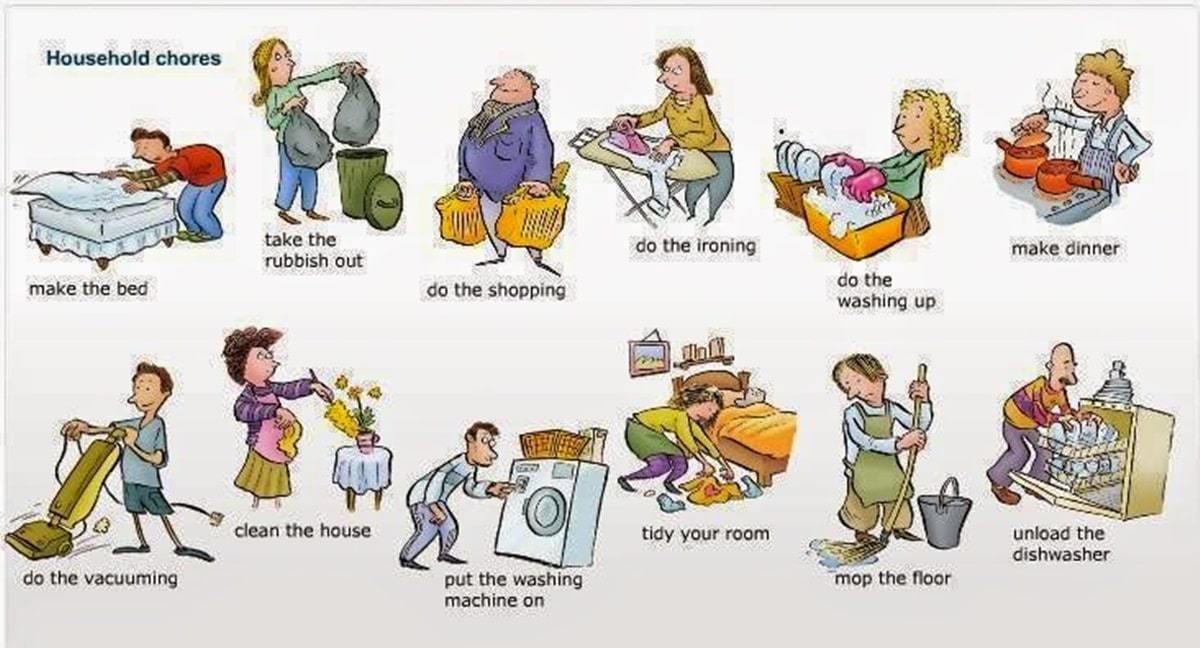
Make Sunday Night a School Night
The way that I structure the weekend is that Sunday night is a school night, not Friday. So if your child has homework for the weekend, and as long as they’re done all their work for the past week, they get Friday and Saturday night off and can do their homework on Sunday night.
If there’s a project or something big to do over the weekend, then work with your child to budget their time. They may have to put some time in on Saturday or Sunday during the day. But other than that, your child should have the weekend off too, just like adults do.
The Weekend Doesn’t Begin Until Overdue Work Is Done
If your child has overdue homework, their weekend shouldn’t begin until those assignments are done. In other words, Friday night is a homework night if their week’s work is not complete.
Believe me, this is a highly effective consequence for kids because it creates a great incentive to get their work done. Indeed, each minute they’re doing homework is a minute they could be hanging out with friends or playing video games.
If you can hold to this rule once and deal with the complaining, then next week the homework will be done.
By the way, if they say they can’t do their homework because they didn’t bring their school books home, they should be grounded for the weekend. You can say:
“I don’t want to hear that you can’t do it because you don’t have your books. You’d better call around and find a friend who you can borrow them from. Otherwise, you’ll be staying in this weekend.”
Make Homework a Higher Priority Than Activities
Kids are involved in a lot of after school activities these days. I understand that. But my priority has always been “homework comes first.”
In my opinion, if the homework isn’t done on Monday, then your child shouldn’t go to football on Tuesday. It’s fine if he misses a practice or two. You can say:
“Here’s the deal. We’re not going to football today. You need to get your work done first.”
If your child says, “Well, if I miss a practice, I’m going to get thrown off the team,” You can say:
“Well, then make sure your work is complete. Otherwise, you’re not going to practice. That’s all there is to it.”
Otherwise, you’re not going to practice. That’s all there is to it.”
I personally don’t put football, soccer, or any other extracurricular activities above homework and home responsibilities. I don’t believe parents should be going from soccer to karate to basketball with their kids while homework and school responsibilities are being neglected.
Use Rewards for Schoolwork, Not Bribes
Most kids get personal satisfaction out of getting good grades and completing their work, and that’s what we’re aiming for. Nevertheless, it’s important to reinforce positive behavior, and that may mean offering an incentive for getting good grades. For instance, my son knew that he would get a certain reward for his performance if he got all B’s or above. The reward was an incentive to do well.
One of the shortcuts we take as parents is to bribe our kids rather than rewarding them for performance. It can be a subtle difference. A reward is something that is given after an achievement. A bribe is something you give your child after negotiating with them over something that is already a responsibility.
A bribe is something you give your child after negotiating with them over something that is already a responsibility.
If you bribe your child to do their homework or to do anything else that is an expected responsibility, then your child will come to expect something extra just for behaving appropriately. Bribes undermine your parental authority as kids learn that they can get things from you by threatening bad behavior. Bribes put your child in charge of you.
The appropriate parental response to not meeting a responsibility is a consequence, not a bribe. A bribe says, “If you do your homework, I will extend your curfew by an hour.” In contrast, a consequence says, “If you don’t do your homework, you’re grounded until it’s finished.” Never bribe your kids to do what they’re expected to do.
Use Effective Consequences
When giving consequences, be sure they’re effective consequences. What makes an effective consequence? An effective consequence motivates your child to good behavior. They put you back in control and teach your child how to problem-solve, giving your child the skills needed to be successful.
They put you back in control and teach your child how to problem-solve, giving your child the skills needed to be successful.
An effective consequence looks like this:
“If you fall below a B average, then you can no longer study in your room and must study at the kitchen table until you get your average back to a B.”
For the child who prefers to study in their room, this is an effective consequence.
Another effective consequence would be the following:
“If you choose not to study during the scheduled time, you will lose your electronics for the night. Tomorrow, you’ll get another chance to use them.”
And the next day, your child gets to try again to earn the privilege of electronics. Short-term consequences like this are very effective. Just don’t take away this privilege for more than a day as your child will have no incentive to do better the next time.
For more on consequences, read the article on how to give effective consequences to your child.
Be Prepared to Let Your Child Fail
Failure should be an option, and sometimes you just have to let your child fail. Parents often do their kids a disservice when they shield them from the consequences of their actions. If your child chooses not to study enough and they get a failing grade, that’s the natural consequence for their behavior. And they should experience the discomfort that results from their behavior.
Let me be clear. If you interfere and try to get your child’s teacher to change their grade, your child will learn the wrong lesson. Your child will learn that if they screw up enough, Mom and Dad will take care of them. And they don’t learn their math or science or whatever it is they failed.
To be sure, failing is a hard lesson, but it’s the right lesson when your child fails. And it’s not the end of the world. In fact, for many kids, it’s what turns them around.
Don’t Fight with Your Child Over Homework
Don’t get sucked into arguments with your child about homework.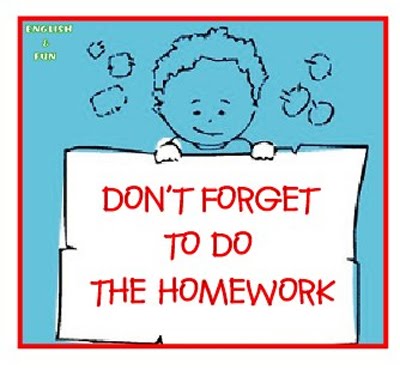 Make it very clear that if they don’t do their homework, then the next part of their night does not begin. Keep discussions simple. Say to your child:
Make it very clear that if they don’t do their homework, then the next part of their night does not begin. Keep discussions simple. Say to your child:
“Right now is homework time. The sooner you get it done, the sooner you can have free time.”
Say this in a supportive way with a smile on your face. Again, it’s important not to get sucked into fights with your child. Remember, you don’t have to attend every argument you’re invited to. If your child refuses to do his or her work, then calmly give the consequence that you established for not doing homework.
Also, trying to convince your child that grades are important is a losing battle. You can’t make your child take school as seriously as you do. The truth is, they don’t typically think that way. To get your child to do homework, focus on their behavior, not their motivation. Rather than giving a lecture, just maintain the system that enables them to get their work done. Often, the motivation comes after the child has had a taste of success, and this system sets them up for that success.
Stay Calm When Helping Your Child With Their Homework
It’s important to be calm when helping your child with their homework. Don’t argue about the right answer for the math problem or the right way to do the geography quiz. If you get frustrated and start yelling and screaming at your child, this sets a negative tone and won’t help them get the work done. It’s better to walk away than it is to engage in an argument, even when you’re just trying to be helpful.
For couples, it may be that one of you is more patient and acceptable to your child. Let that person take on the homework monitoring responsibilities. And don’t take it personally if it isn’t you.
Remember, if you can’t stay calm when helping your child, or if you find that your help is making the situation worse, then it’s better not to help at all. Find someone else or talk to the teacher about how your child can get the help they need. And try not to blame your child for the frustration that you feel.
It’s Your Child’s Homework, Not Yours
Remember that your child is doing the homework as a school assignment. The teacher will ultimately be the judge of how good or bad, correct or incorrect the work is. You’re not responsible for the work itself; your job is to guide your child. You can always make suggestions, but ultimately it’s your child’s job to do their assignments. And it’s the teacher’s job to grade them.
Know the Teachers and the Assignments
Build good relationships with your child’s teachers. Meet with the teachers at the beginning of the school year and stay in touch as the year progresses. Your relationships with your child’s teachers will pay off if your child begins to have problems.
And if your child does have problems, then communicate with their teachers weekly. If they’re not handing in their work on time, ask the teachers to send you any assignments that they didn’t get done each week. Many schools have assignments available online, which is a big help for parents. Just don’t rely on your child to give you accurate information. Find out for yourself.
Just don’t rely on your child to give you accurate information. Find out for yourself.
The bottom line is that you want to hold your child accountable for doing their work, and you can only do that if you know what the work is. If you keep yourself informed, then you won’t be surprised when report cards come out.
Work with your child on a system to keep track of assignments. I recommend an old-fashioned paper calendar simply because we already have too many distracting electronics in our lives—experiment and use what works best for your child.
Finally, try to see your child’s teachers as your allies. In my experience, most teachers are dedicated and caring, but I realize that this isn’t always the case. So, for your child’s sake, do your best to find a way to work with their teachers.
If You Think Your Child Might Have a Learning Disability
Kids are expected to do some difficult work, and your child may struggle. If your child is having an especially hard time, talk with their teacher.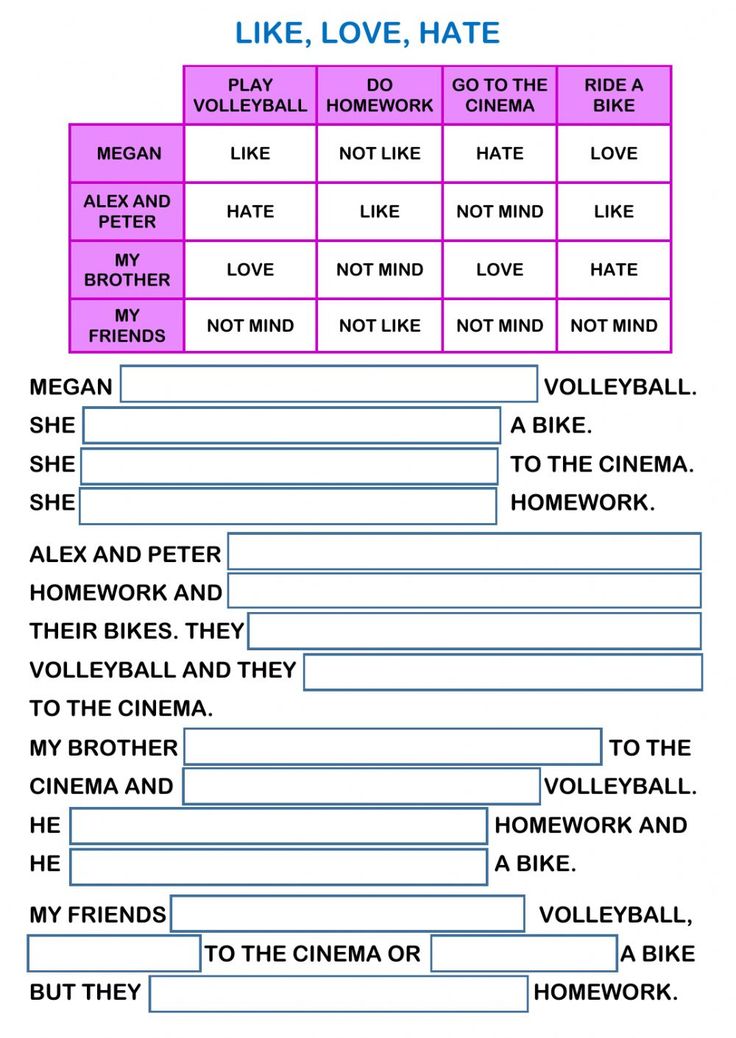 Ask if it’s typical for your child to be struggling in this area.
Ask if it’s typical for your child to be struggling in this area.
In some cases, the teacher may recommend testing to see if your child has a learning disability. While this can be hard to hear as a parent, it’s important to find out so that you can make the necessary adjustments.
If it turns out that your child does have a learning disability, then you want to get an Individualized Educational Plan (IEP) set up with the school.
Conclusion
Most kids don’t enjoy homework, and for some, it will always be a struggle. Our children all have different strengths and abilities, and while some may never be excellent students, they might be great workers, talented artists, or thoughtful builders.
I have to admit that dealing with my son’s homework was one of my least favorite experiences as a parent. It was overwhelming at times. Often, I just wasn’t equipped to offer the help he needed.
Our son struggled with a learning disability, which made the work feel unending at times. My husband James was much better at helping him, so he took on this responsibility. But even with this division of labor, we had to make adjustments to our schedules, our lives, and our expectations to make sure our son did his homework as expected.
My husband James was much better at helping him, so he took on this responsibility. But even with this division of labor, we had to make adjustments to our schedules, our lives, and our expectations to make sure our son did his homework as expected.
Life would be easier if all children were self-motivated students who came home, sat down, and dug into their homework without being asked. This is hardly the case, though. Therefore, you need to set up a system that is right for your child, and it’s going to be easier for some kids than for others.
We’re trying to raise our kids to be responsible and accountable for their homework. And we’re trying to avoid fighting with them over it every night. When I had parents in my office, I would take these concepts and show them how they could make it work for their families in their own homes. The families I worked with were able to turn the nightly homework struggle around successfully time and time again.
Related content:
The Homework Battle: How to Get Children to Do Homework
How to Get Children to Do Homework
Parents often feel it’s their job to get their kids to do well in school. Naturally, you might get anxious about this responsibility as a parent. You might also get nervous about your kids succeeding in life—and homework often becomes the focus of that concern.
Naturally, you might get anxious about this responsibility as a parent. You might also get nervous about your kids succeeding in life—and homework often becomes the focus of that concern.
But when parents feel it’s their responsibility to get their kids to achieve, they now need something from their children—they need them to do their homework and be a success. I believe this need puts you in a powerless position as a parent because your child doesn’t have to give you what you want.
The battle about homework becomes a battle over control. Your child starts fighting to have more control over the choices in their life, while you feel that your job as a parent is to be in control of things. So you both fight harder, and it turns into a war in your home.
Over the years, I’ve talked to many parents who are in the trenches with their kids, and I’ve seen firsthand that there are many creative ways kids rebel when it comes to schoolwork. Your child might forget to do their homework, do their homework but not hand it in, do it sloppily or carelessly, or not study properly for their test.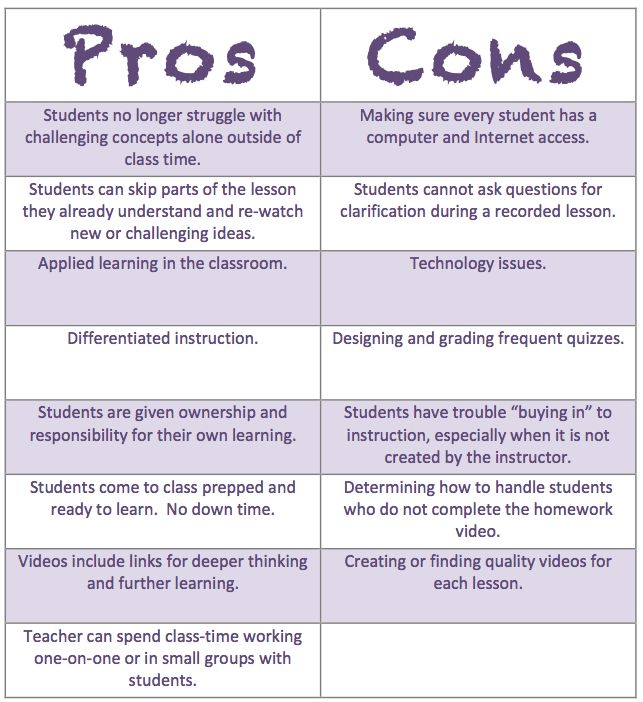 These are just a few ways that kids try to hold onto the little control they have.
These are just a few ways that kids try to hold onto the little control they have.
When this starts happening, parents feel more and more out of control, so they punish, nag, threaten, and argue. Some parents stop trying altogether to get their children to do homework. Or, and this is common, parents will over-function for their kids by doing the work for them.
Now the battle is in full swing: reactivity is heightened as anxiety is elevated—and homework gets lost in the shuffle. The hard truth for parents is that you cannot make your children do anything, let alone homework. But what you can do is to set limits, respect their individual choices, and help motivate them to motivate themselves.
You might be thinking to yourself, “You don’t know my child. I can’t motivate him to do anything.” Many parents tell me that their children are not motivated to do their work. I believe that children are motivated—they just may not be motivated the way you’d like them to be. Keep reading for some concrete tips to help you guide them in their work without having to nag, threaten, or fight with them.
Keep reading for some concrete tips to help you guide them in their work without having to nag, threaten, or fight with them.
Also, keep in mind that if you carry more of the worry, fear, disappointments, and concern than your child does about their work, ask yourself, “What’s wrong with this picture, and how did this happen?” Remember, as long as you carry their concerns, they don’t have to.
Stop the Nightly Fights
The way you can stop fighting with your kids over homework every night is to stop fighting with them tonight. Disengage from the dance. Choose some different steps or decide not to dance at all. Let homework stay where it belongs—between the teacher and the student. Stay focused on your job, which is to help your child do their job. Don’t do it for them.
If you feel frustrated, take a break from helping your child with homework. Your blood pressure on the rise is a no-win for everyone. Take five or ten minutes to calm down, and let your child do the same if you feel a storm brewing.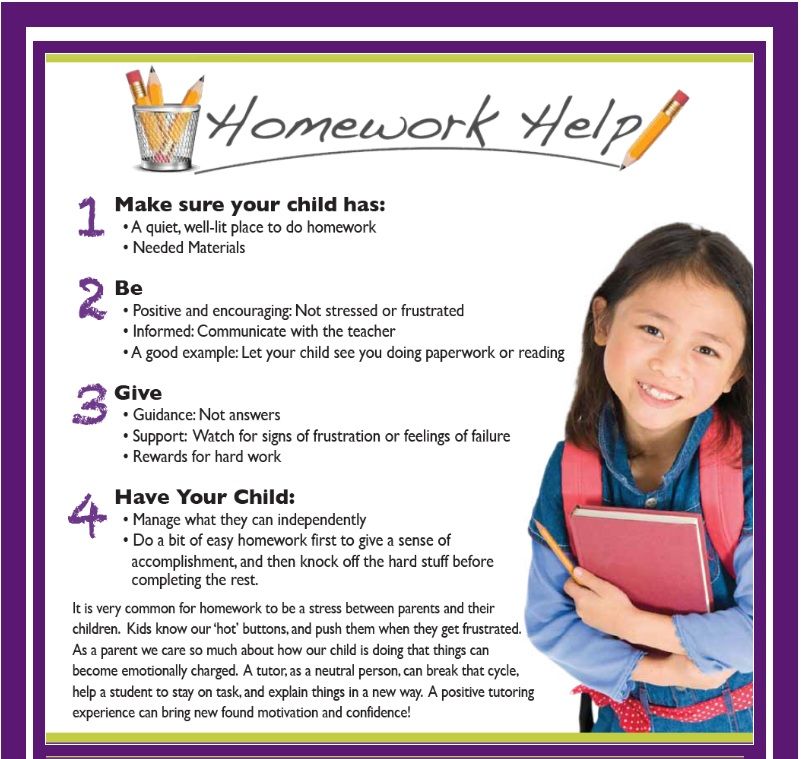
Create Structure Around Homework Time
Set limits around homework time. Here are a few possibilities that I’ve found to be effective with families:
- Homework is done at the same time each night.
- Homework is done in a public area of your house.
- If grades are failing or falling, take away screen time so your child can focus and have more time to concentrate on their work.
- Make it the rule that weekend activities don’t happen until work is completed. Homework comes first. As James Lehman says, “The weekend doesn’t begin until homework is done.”
Let Your Child Make Their Own Choices
I recommend that your child be free to make their own choices within the parameters you set around schoolwork. You need to back off a bit as a parent. Otherwise, you won’t be helping them with their responsibilities.
If you take too much control over the situation, it will backfire on you by turning into a power struggle. And believe me, you don’t want a power struggle over homework.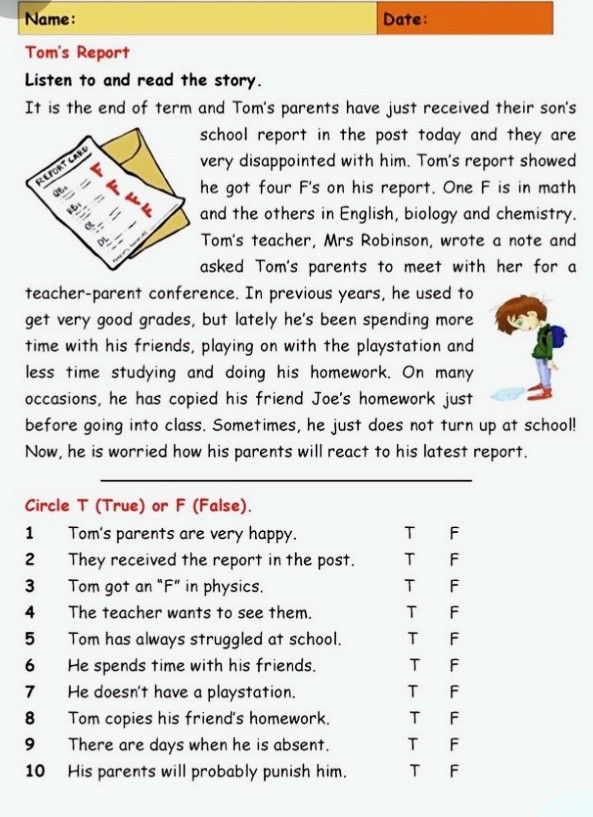 I’ve seen many kids purposely do poorly just to show their parents who’s in charge. I’ve also seen children who complied to ease their parents’ anxiety, but these same kids never learned to think and make choices for themselves.
I’ve seen many kids purposely do poorly just to show their parents who’s in charge. I’ve also seen children who complied to ease their parents’ anxiety, but these same kids never learned to think and make choices for themselves.
Let Your Child Own the Consequences of Their Choices
I’m a big believer in natural consequences when it comes to schoolwork. Within the structure you set up, your child has some choices. They can choose to do their homework or not. And they can choose to do it well and with effort or not. The natural consequences will come from their choices—if they don’t choose to do their work, their grades will drop.
When that happens, you can ask them some honest questions:
“Are you satisfied with how things are going?”
“What do you want to do about your grade situation?”
“How can I be helpful to you?”
Be careful not to be snarky or judgmental. Just ask the question honestly. Show honest concern and try not to show disappointment.
Intervene Without Taking Control
The expectation is that homework is done to the best of your child’s ability. When they stop making an effort, and you see their grades drop, that’s when you invite yourself in. You can say:
“It’s my job to help you do your job better. I’m going to help you set up a plan to help yourself, and I will check in to make sure you’re following it.”
Set up a plan with your child’s input to get them back on their feet. For example, the new rules might be that homework must be done in a public place in your home until they get their grades back up. You and your child might meet with the teacher to discuss disciplinary actions should their grades continue to drop.
In other words, you will help your child get back on track by putting a concrete plan in place. And when you see this change, you can step back out of it. But before that, your child is going to sit in a public space and you’re going to monitor their work.
You’re also checking in more. Depending on your child’s age, you’re making sure that things are checked off before they go out. You’re adding a half-hour of review time for their subjects every day. And then, each day after school, they’re checking with their teacher or going for some extra help.
Remember, this plan is not a punishment—it’s a practical way of helping your child to do their best.
“I Don’t Care about Bad Grades!”
Many parents will say that their kids just don’t care about their grades. My guess is that somewhere inside, they do care. “I don’t care” also becomes part of a power struggle.
In other words, your child is saying, “I’m not going to care because you can’t make me. You don’t own my life.” And they’re right. The truth is, you can’t make them care. Instead, focus on what helps their behavior improve. And focus more on their actions and less on their attitude because it’s the actions that matter the most.
Motivation Comes From Ownership
It’s important to understand that caring and motivation come from ownership. You can help your child be motivated by allowing them to own their life more.
You can help your child be motivated by allowing them to own their life more.
So let them own their disappointment over their grades. Don’t feel it more than they do. Let them choose what they will do or not do about their homework and face the consequences of those choices. Now they will begin to feel ownership, which may lead to caring.
Let them figure out what motivates them, not have them motivated by fear of you. Help guide them, but don’t prevent them from feeling the real-life consequences of bad choices. Think of it this way: it’s better for your child to learn from those consequences at age ten by failing their grade and having to go to summer school than for them to learn at age 25 by losing their job.
When Your Child Has a Learning Disability
I want to note that it’s very important that you check to see that there are no other learning issues around your child’s refusal to do homework. If they’re having difficulty doing the work or are performing below grade-level expectations, they should be tested to rule out any learning disabilities or other concerns.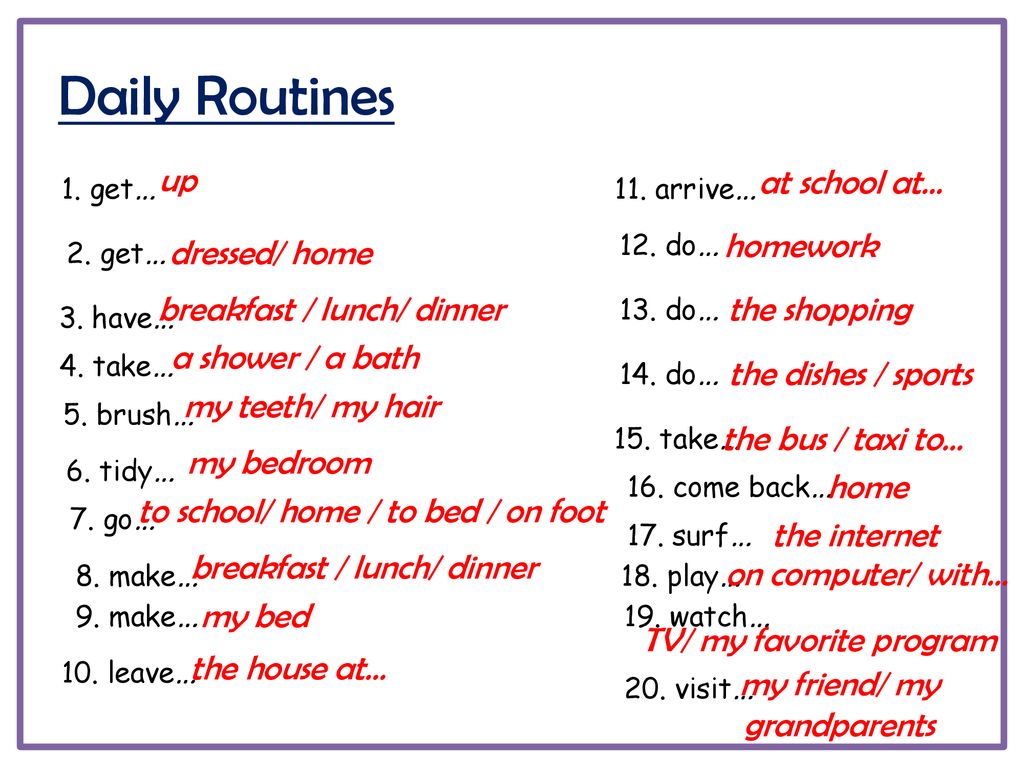
If there is a learning disability, your child may need more help. For example, some kids need a little more guidance; you may need to sit near your child and help a little more. You can still put structures into place depending on who your child is.
But be careful. Many times, kids with learning disabilities get way too much help and develop what psychologists call learned helplessness. Be sure you’re not over-functioning for your learning disabled child by doing their work for them or filling in answers when they’re capable of thinking through them themselves.
The Difference Between Guidance and Over-Functioning
Your child needs guidance from you, but understand that guidance does not mean doing their spelling homework for them. Rather, it’s helping them review their words. When you cross the line into over-functioning, you take on your child’s work and put their responsibilities on your shoulders. So you want to guide them by helping them edit their book report themselves or helping them take the time to review before a test. Those can be good ways of guiding your child, but anything more than that is taking too much ownership of their work.
Those can be good ways of guiding your child, but anything more than that is taking too much ownership of their work.
If your child asks for help, you can coach them. Suggest that they speak with their teacher on how to be a good student and teach them those communication skills. In other words, show them how to help themselves. So you should not back off altogether—it’s that middle ground that you’re looking for. That’s why I think it’s essential to set up a structure. And within that structure, you expect your child to do what they have to do to be a good student.
Focus on Your Own Goals
When you start over-focusing on your child’s work, pause and think about your own goals and what do you need to get done to achieve those goals. Model your own persistence and perseverance to your child.
Believe In Your Child
I also tell parents to start believing in their children. Don’t keep looking at your child as a fragile creature who can’t do the work. I think we often come to the table with fear and doubt—we think if we don’t help our kids, they’re just not going to do it.
But as much as you say, “I’m just trying to help you,” what your child hears is, “You’re a failure; I don’t believe you can do it on your own.”
Instead, your message should be, “I know you can do it. And I believe in you enough to let you make your own choices and deal with the consequences.”
Related content:
What Can I Do When My Child Refuses to Go to School?
“My Child Refuses to Do Homework” — How to Stop the Nightly Struggle Over Schoolwork
Struggling with unlearned lessons
Struggling with unlearned lessons
Avtomonova Elena Anatolyevna
English teacher, secondary school №698, Moscow
We live in a time of great change, including in the educational system. This is the time when foundations change, canons developed over decades, considered the standard and the only correct solution to the situation. In many ways, not only the structure and organization of the educational process is changing, but also the attitude, perception of the learning process itself.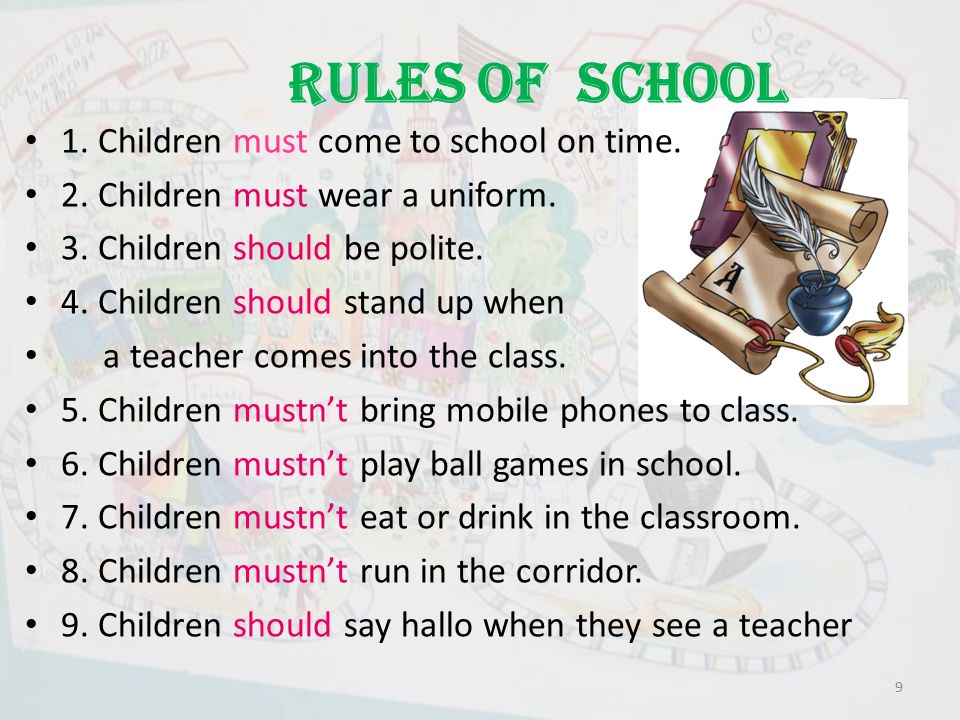 Some changes in attitude are formed in our country under clear control "from above", others are developed as a reaction to the ongoing changes. Until recently, a couple of decades ago, coming to class with unfinished homework was tantamount to a crime, or at least hooliganism. In recent years, the question has been increasingly raised in pedagogical circles: is there a need for homework? Is it right to force students to study not only at school, but also at home? nine0005
Some changes in attitude are formed in our country under clear control "from above", others are developed as a reaction to the ongoing changes. Until recently, a couple of decades ago, coming to class with unfinished homework was tantamount to a crime, or at least hooliganism. In recent years, the question has been increasingly raised in pedagogical circles: is there a need for homework? Is it right to force students to study not only at school, but also at home? nine0005
Of course, there are a number of subjects that do not require students to additionally consolidate the material or skills at home. For example, physical education, technology, music, fine arts. Although in these subjects you can set homework so that students try to apply the acquired skills and abilities on their own, to open up creatively. It is possible to single out another group of subjects, perhaps the largest, where homework usually plays a reinforcing role, the main function of homework in these subjects always has the character of consolidating, working out the material learned in the lesson. These are tasks in the exact sciences, memorizing the rules of the Russian language and the laws of physics, exercises in English and the exact dates of historical events. If there were no homework assignments, and, accordingly, there was no consolidation of the material, this would complicate the work of the teacher and the student in the lesson, would significantly reduce the amount of data received, or their quality. And, of course, there are subjects, the successful development of which is difficult to imagine without homework. For example, English. Foreign words have to be memorized, and it would be irrational to do this in the classroom. How to read literary works in literature lessons. nine0005
These are tasks in the exact sciences, memorizing the rules of the Russian language and the laws of physics, exercises in English and the exact dates of historical events. If there were no homework assignments, and, accordingly, there was no consolidation of the material, this would complicate the work of the teacher and the student in the lesson, would significantly reduce the amount of data received, or their quality. And, of course, there are subjects, the successful development of which is difficult to imagine without homework. For example, English. Foreign words have to be memorized, and it would be irrational to do this in the classroom. How to read literary works in literature lessons. nine0005
All these reflections lead us to only one, the only true conclusion: there should be homework. And the main functions of homework should be:
_to develop the creative and cognitive potential of students;
_to develop the skills of independent activity, research, thinking, search, innovation;
_consolidation and development of educational skills that are necessary for the successful assimilation of educational material, the development of skills in analysis, self-control, action planning, etc. ; nine0005
; nine0005
_development of the necessary psychological and personal skills and abilities: memory, imagination, thinking, attention;
_ consolidation of educational material, without which it is impossible to successfully master certain knowledge, their practical application (words of a foreign language, reading literary works, knowledge of the laws of exact sciences, etc.).
Now that we have determined that the functions of homework are important and are an integral part of the educational process, we can consider the following, main question: how to deal with unfulfilled homework, what attitude should a teacher have towards failing to do homework? I think that I will not be mistaken if I say that for a teacher who assigns homework, it is important that it be completed. For the teacher, homework is not only a reinforcing function, but also serves as an excellent indicator of the assimilation of the material and certain skills by students. And it is natural that teachers with such an attitude towards homework defend their right to give and ask for homework, as well as to count on the results of work at home. And, of course, that failure to do homework by students, especially if it is of a regular nature, upsets the teacher and forces him to take measures to eliminate this fact. nine0005
And, of course, that failure to do homework by students, especially if it is of a regular nature, upsets the teacher and forces him to take measures to eliminate this fact. nine0005
Each teacher has his own methods of dealing with unlearned lessons, more or less effective, time-tested and experienced. What methods of dealing with unfinished homework can be considered effective? What attitude to homework should the teacher form in the student so that the fact of not doing the work is not repeated?
1) The method of setting deuces for an unfulfilled home back, fortunately or unfortunately, is currently not at all effective. Previously, when the school was left for the second year, when there was a concept of non-attestation of students, each deuce in the magazine brought the student closer to the “bad” end. And of course, all the students tried to avoid the accumulation of twos in the journal, they had to work and do all the homework. A kind of method of a pedagogical whip at the moment can only work on diligent students, for whom the very fact of the appearance of a deuce in front of their last name is something unacceptable. Those students who study poorly, do not have time, are lazy, are unlikely to understand the situation that occurs on the pages of the magazine, one deuce more, one less - there is no difference, because now the teacher is obliged to give the final grade, and getting a deuce as a result is not profitable as much for the student as for the teacher himself. And they don’t leave for the second year .... So it turns out that the deuce of modern students does not motivate them to work harder at home. And after all, if you think about it, the assessment is designed to evaluate the quality of the student's knowledge, and not his obedience or behavior. nine0005
Those students who study poorly, do not have time, are lazy, are unlikely to understand the situation that occurs on the pages of the magazine, one deuce more, one less - there is no difference, because now the teacher is obliged to give the final grade, and getting a deuce as a result is not profitable as much for the student as for the teacher himself. And they don’t leave for the second year .... So it turns out that the deuce of modern students does not motivate them to work harder at home. And after all, if you think about it, the assessment is designed to evaluate the quality of the student's knowledge, and not his obedience or behavior. nine0005
2) The method of addressing parents is absolutely individual. How many children, so many parents and they are all different. Each parent can react to the remark about the failure to complete the task in their own way. And even if parents have a way to force a child to do homework, then you still need to weigh the adequacy of their method.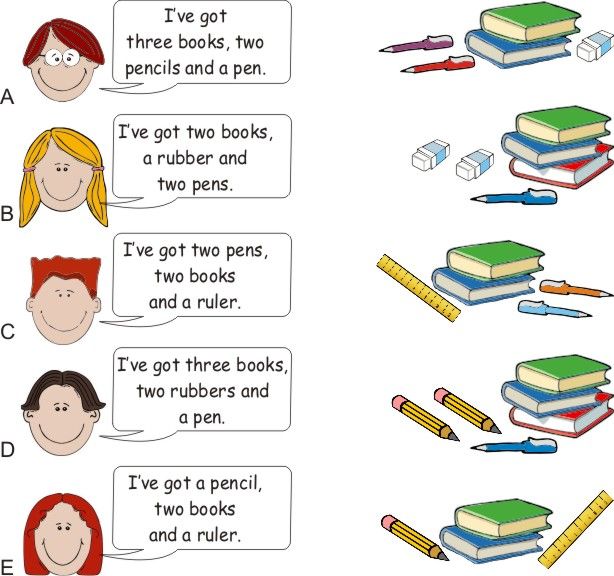 After all, it often happens that parents act incorrectly, harshly, too directly, or, conversely, go through bribery or blackmail. All this can lead to serious violations and deviations in the psyche of the child. Therefore, to use this method, the teacher simply must know how the parent is going to act, the teacher must maintain constant contact with the parents. nine0005
After all, it often happens that parents act incorrectly, harshly, too directly, or, conversely, go through bribery or blackmail. All this can lead to serious violations and deviations in the psyche of the child. Therefore, to use this method, the teacher simply must know how the parent is going to act, the teacher must maintain constant contact with the parents. nine0005
3) The method of encouragement can affect conscious or lazy students. But they will have to promise that if they complete their homework within a month, 2 weeks, a quarter, they will get what they want (for example, a credit in a subject, a long-awaited trip somewhere, a trip to an interesting place) or they will be able to avoid what you don’t want (passing a test on the subject, for example, writing an additional report, work). It is impossible to call this method effective, because it acts selectively. nine0005
4) The whip method using a geometric progression. Students can be punished for failing to complete homework in a variety of ways. One of the more useful options is to punish failure to complete one task with a double task or an additional task. So, for example, if a student has not done his homework, then you can additionally ask him to learn a verse or text, or solve another problem. If not completed again, then add another task, etc. The problem with this method lies in the fact that it is rather difficult for the teacher to keep track of the regular non-fulfillment of homework and the accumulation of additional tasks. In addition, it is not easy to follow your own “punishment with a whip” scheme. And in order for this method to work, you need to initially put yourself in the position of a teacher, for whom it is quite possible to remain uncertified in the end, to whom, sooner or later, you will have to come and pass everything. High school students will respond poorly to this method, but primary and secondary students are quite capable of perceiving this method adequately. nine0005
One of the more useful options is to punish failure to complete one task with a double task or an additional task. So, for example, if a student has not done his homework, then you can additionally ask him to learn a verse or text, or solve another problem. If not completed again, then add another task, etc. The problem with this method lies in the fact that it is rather difficult for the teacher to keep track of the regular non-fulfillment of homework and the accumulation of additional tasks. In addition, it is not easy to follow your own “punishment with a whip” scheme. And in order for this method to work, you need to initially put yourself in the position of a teacher, for whom it is quite possible to remain uncertified in the end, to whom, sooner or later, you will have to come and pass everything. High school students will respond poorly to this method, but primary and secondary students are quite capable of perceiving this method adequately. nine0005
Perhaps these are the most traditional methods of dealing with unlearned lessons and the traditional attitude to homework. In recent years, many teachers are trying to use the opportunity for students to work at home on their own to develop their creative, research consciousness. So, for example, you can use some homework methods that guarantee a high percentage of homework completion by students:
In recent years, many teachers are trying to use the opportunity for students to work at home on their own to develop their creative, research consciousness. So, for example, you can use some homework methods that guarantee a high percentage of homework completion by students:
1. Self-assignment. The teacher may invite students to choose their own homework. Of course, it is necessary to direct the attention of the children to the problems of the topic, to consolidate it, to suggest that there are weak points in this topic that should be worked out at home, to ask what they think is the best exercise for this. Find out how they think what needs to be done at home, so that in the next lesson it will already be possible to carry out a certain type of work. nine0005
2. Variation. It is not necessary to set the same homework for everyone. The class can be divided into several groups, according to the same performance, according to the characteristics of perception and activity. The teacher can give the children of different groups a task that is more suitable for them, which they like more. So, for example, group A learns the rule and tells, prepares a short report on the topic. Group B finds examples of exercises on the topic, performs these exercises itself. Group B will prepare a mini-quiz on the topic, games, crossword puzzles, polls, etc. Variation can also be expressed with respect to individual students, depending on their performance and activity. nine0005
The teacher can give the children of different groups a task that is more suitable for them, which they like more. So, for example, group A learns the rule and tells, prepares a short report on the topic. Group B finds examples of exercises on the topic, performs these exercises itself. Group B will prepare a mini-quiz on the topic, games, crossword puzzles, polls, etc. Variation can also be expressed with respect to individual students, depending on their performance and activity. nine0005
3. The task should be innovative, informative, creative, close in subject matter to the interests of students, then, of course, the percentage of students doing homework will be higher. In addition, if a homework assignment requires the use of, for example, ICT tools, which is close and interesting for students, then they will perform it with great interest.
4. An individual task can be a wonderful way for some students to consolidate knowledge and express themselves creatively. Perhaps you should not set assignments at each lesson, but set a task that is more global and requires more time and knowledge, for example, prepare some thematic project, write a report on a topic, study information on the Internet on a particular issue, compose questions or exercises for classmates and the topic being studied. nine0005
nine0005
Of course, no matter how hard we teachers try, there will always be those students who will not do their homework. And what to do with them? I think, in this case, it is worth paying more attention to them in the classroom, more often to control, more often to ask. After all, the essence of homework is not that it be and be done, but that it fulfills its reinforcing, developing function.
7 Ways to Punish a Child
Imagine such a picture. You come home tired after a long day at work. Traditionally, you look around. The child is intact, all the furniture is in place, the flowers are in pots, you can exhale ... And then your Barsik comes out to meet you, crookedly trimmed like a lion. And in the back is a contented young hairdresser. nine0005
What to do? Shout, spank, put in a corner? What if you want to do everything at once? Take your time. Calm down using the methods we wrote about earlier and read this article.
We remembered the most common types of punishment and added to each item the opinions “for” and “against” parents from various forums and social network pages.
1. Use force.
Very many parents argue for hours on thematic forums about whether or not to use physical force as a method of education. Some are categorically against it and are ready to defend this position with foam at the mouth, others believe that nothing will come of a few slaps, others say that you can’t educate without a belt. nine0005
FOR:
“People must not be beaten, neither big nor small. But if a person has a tantrum, then they stop him with a slap in the face, right? Yes, in the vast majority of cases (in my opinion) the physical "punishment" of a child is a sign of the helplessness of parents and a pedagogical "fiasco". But there are cases when a child can be brought to life only with a slap on the pope? (while remaining calm internally and, oddly enough, based on parental love). nine0008
“It's one thing to 'hit' children and quite another to 'slap on the ass'. At the age of one, no one punished anyone, but now my son is 2.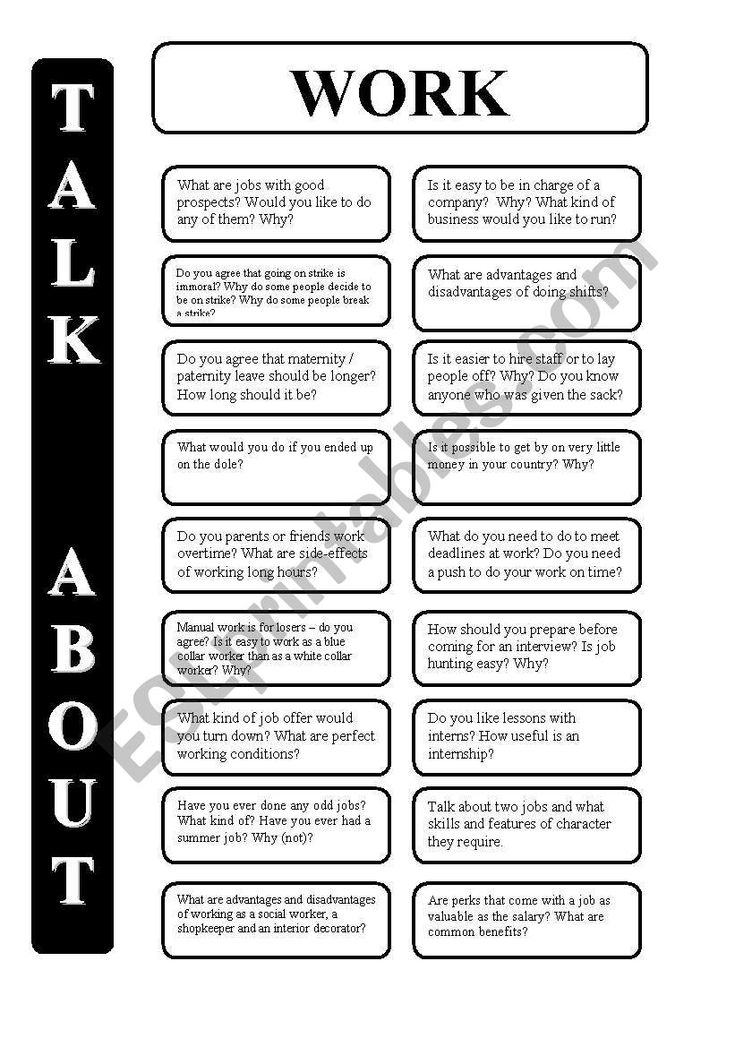 5 years old and sometimes he earns slaps on the pope. Both me and my sister were slapped on the buttocks in childhood, and once I even pulled out my belt (for the cause, I remember myself). They grew up as ordinary, well-mannered and people-loving girls. My husband was beaten up thoroughly in childhood, he also seemed to be well-mannered, but there is anger at his parents. Maybe send (heard once :((((
5 years old and sometimes he earns slaps on the pope. Both me and my sister were slapped on the buttocks in childhood, and once I even pulled out my belt (for the cause, I remember myself). They grew up as ordinary, well-mannered and people-loving girls. My husband was beaten up thoroughly in childhood, he also seemed to be well-mannered, but there is anger at his parents. Maybe send (heard once :((((
Thus, my conclusion boils down to the fact that occasional slaps on the bottom (on business) are sometimes simply irreplaceable. And they have nothing to do with the concept of "beating", "beating" a child.
I also like a way of calming down - once with a strap to slap, and then only to scare them, they say, now I'll take the strap ... ".
AGAINST:
“I was beaten as a child for all sorts of nonsense. Well what can I say? Let them not be surprised that I rarely call, I come even less often, and what should we talk about? nine0008
And in fact, it’s not about the beating, but about the parents’ unwillingness to understand their child (in my case).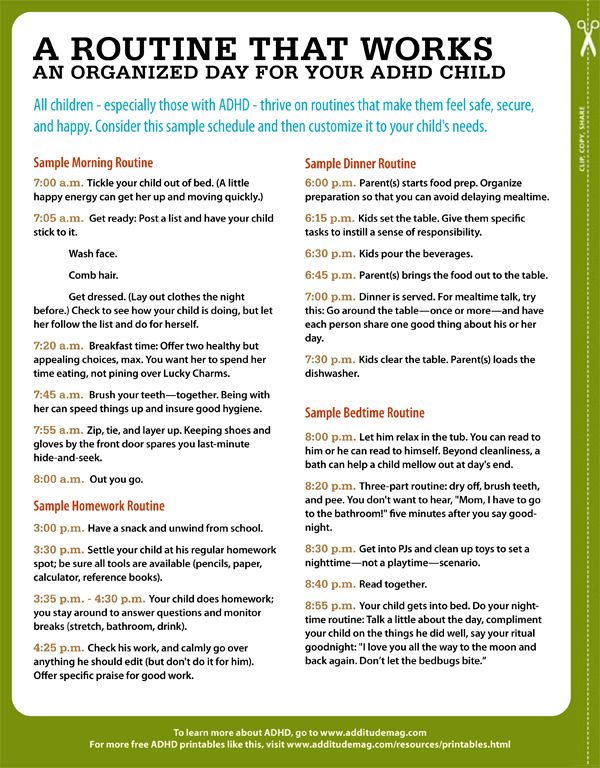 Of course, I worry about them and hope that everything is fine with them, but I have zero support from them.”
Of course, I worry about them and hope that everything is fine with them, but I have zero support from them.”
“I don’t understand and don’t accept slaps on the bottom and other punishments. Our parents never touched us with a finger, everything went in an educational conversation. I have never hit my child or put it in a corner either. Think for yourself when you say the word DO NOT! what does this mean for the child? He doesn't understand that it's impossible, does he? why not? I let my child try everything. So that he understands my words. Want to touch a hot kettle? - let me touch it with your finger, let him understand that it’s impossible, it means dangerous. Let him take scissors and, under your supervision, cut the paper, sew with a needle, prick himself. So that the word cannot be an empty sound. Let him soil his clothes on the street, jump in a puddle, enjoy (you need to have clothes for the street that you can carry in the mud) This is childhood and you need to learn and try everything.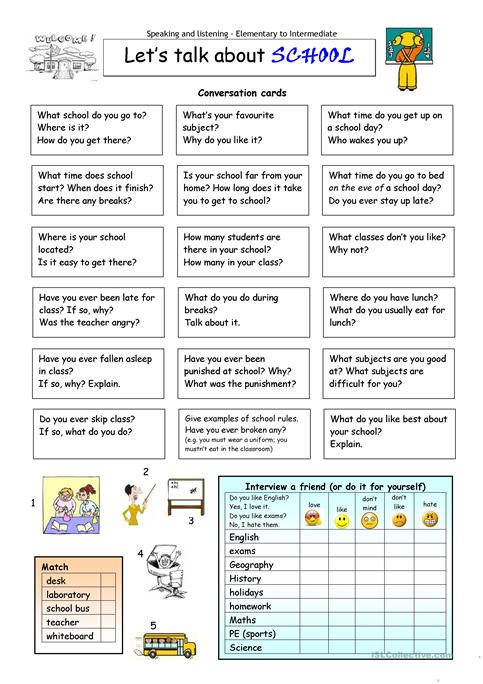 My child spills a mug every day. What should I do? but doesn't it happen to you? no mood, broken dishes, don't want to swim today. After all, no one hits you in the ass. You want the child to be and behave according to your model, which you have made in your head. And a child is a personality in the first place, and this must be taken into account. nine0008
My child spills a mug every day. What should I do? but doesn't it happen to you? no mood, broken dishes, don't want to swim today. After all, no one hits you in the ass. You want the child to be and behave according to your model, which you have made in your head. And a child is a personality in the first place, and this must be taken into account. nine0008
5 SITUATIONS WHEN YOU REALLY SHOULD NOT PUNISH A CHILD
2. Screaming.
Is it possible or impossible to yell at a child? Multi-page forums are full of topics: "I'm yelling at a child: what should I do?!" Here, opinions differ a little less than on the issue of spanking, most parents are against screaming, but then they themselves become ashamed of intemperance. That is why these topics appear on the forums.
FOR:
“That happens sometimes. You tell him one, two, three, four times - as if into a void, zero reaction, then how you bark .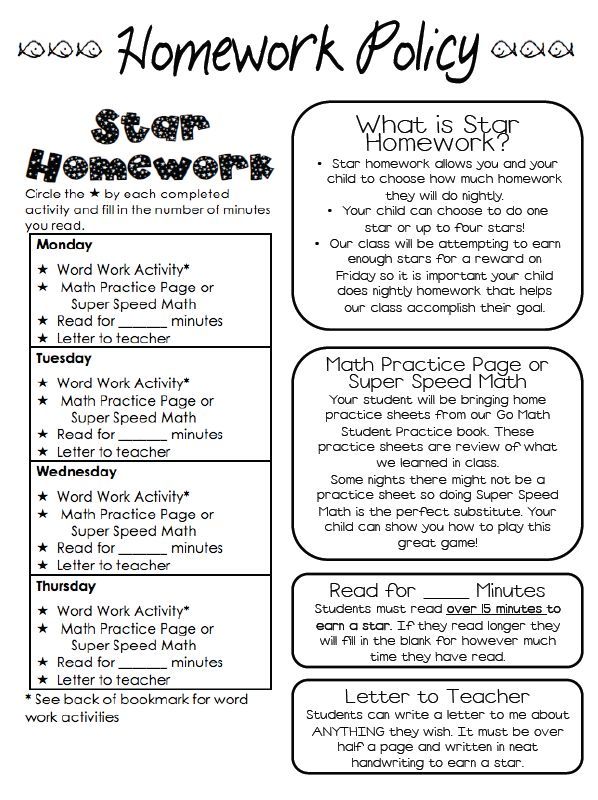 .. And everything comes right away !!!
.. And everything comes right away !!!
“I also yell sometimes, I can’t help myself. Especially when you have to repeat it for the hundredth time - and you took your hat, but then you put it down, but you did it. And nothing, or yes, yes, and then everything is forgotten, yelling ... Of course, not good, but how it helps. The main thing is not to share, so as not to get used to yelling.
Vs:
“(Parents) yell out of impotence when they cannot or do not know how to behave. Further - for the daughter, this is an example of how to behave, and she will hysteria in response. Children are a mirror image of their parents, they are very attentive and far from stupid. Ideally, one glance should be enough for the parent to understand that the child is upset by his behavior.
“Will you put yourself in the place of a child? or imagine that you are already a lady in age, and your already adult daughter, due to various problems, fatigue, yells at her already elderly mother? nine0008
how will you feel?”.
DO SCARY TOYS HARM CHILDREN
3. Intimidate.
We all know sayings in the spirit of "if you don't obey, I'll give it to Baba Yaga." And again: “Everything! Now I will throw away all your toys!”. Both promises are unfulfilled, the child, after the first unfulfilled word, may stop taking you seriously. But many people think it helps. And they hope that Baba Yaga will really take the naughty child at least for a couple of hours. nine0005
FOR:
“My children are phone addicts, so if they try to make a fuss, I say that if it happens again, I will take the phone away and not give it back. Children very quickly accept the rules of the game.
“My daughter has a sweet tooth. It is worth telling her that I myself will eat all the sweets (of course I won’t eat it, we have a lot of it), as soon as - mommy mommy, I won’t do it anymore. Works flawlessly."
AGAINST:
“Intimidation by no one knows what is a dubious option, it is not known how it will affect the child. Well, for example, he meets an old woman on the street and thinks this is the same Baba Yaga, stress. nine0008
Well, for example, he meets an old woman on the street and thinks this is the same Baba Yaga, stress. nine0008
If you want to scare, although it is better to threaten, with something specific, so that there is no flight of fancy that will lead you nowhere.”
“Most often, fear is caused by incorrect tactics of education, it arises as a result of various kinds of intimidation. For example: “you behave badly, aunt doctor will give an injection” or “I’ll give it to my uncle policeman” or “if you don’t obey, the dog will drag you away”, etc. And then the harmless Sharik, who influences with his tail, runs up to the baby, becomes a super-strong irritant, and a doctor who comes to a sick child terrifies him.” nine0008
4. Deprive something.
Taking away your favorite toy, banning sweets or a tablet, not letting you go to the movies - these are the things parents often do in response to a child's antics. Seems pretty logical. He made us bad - here we are bad for you, an eye for an eye, a phone - for a service broken by a ball.
FOR:
“We punish our child like this: we take away all the cars with which he plays. If he is very guilty of something, then he is left without toys for two or three days. We also put it in a corner, thank God that I began to understand what it is and why they put it there.” nine0069
“It is best to deprive a child of something. For example, if he tears books, spoils toys - pick up and not give back for a long time. If an older child began to study poorly due to too frequent hanging out on the Internet, remove the tablet, phone. Depriving sweets, cartoons, walks is sometimes pointless, because there are children who will say that they don’t really need it. I judge by myself and my child.”
AGAINST:
“You can't treat all children with the same brush. I have two children and I have to apply my own method to each. If the eldest son has always been affected by isolation and deprivation of any benefits and pleasures, then the younger child is very stubborn and this does not affect him, it helps to express his disappointment with such behavior and talk about the inadmissibility of such behavior. nine0008
nine0008
“It's wrong to take your favorite. And if your phone was taken away at work for going out to answer the call, you probably wouldn’t like it. There should be a punishment such as an act. If you broke it - clean it up, shouted - apologize and you can always agree, not take it away.
5. Organize a boycott.
Why shout or fight when you can just keep quiet? Let the child himself understand what is the matter, while the mother silently goes about her business. Quiet mother, quiet child, peace and quiet...
FOR:
“But my parents punished me with complete disregard: it came quickly - I realized how nasty I acted, that they don’t even want to talk to me, they don’t even want to look in my direction. Hitting and shouting is useless, I generally consider the corner stupid and pointless. I stop talking with my children, the effect comes faster - they themselves come up, voice their act and behave differently. It is necessary that the child himself analyze his behavior and understand what he is wrong about. nine0008
It is necessary that the child himself analyze his behavior and understand what he is wrong about. nine0008
“I did not punish children. But she herself was very upset and fell silent. Both my daughter and son were very worried that I was silent and began to ask me why I looked so sad and why I was silent. It was then that I explained to them the reason for my sadness, they themselves asked for forgiveness, we reconciled and our differences were extinguished by hugs.
AGAINST:
“In my opinion, it would be much better to discuss with the child the reason for your dissatisfaction, explain why his act is not good and why it is not worth doing this in the future. Ignoring the baby and not talking to him is really not very good. Firstly, the child may not understand why the mother was offended by him. Secondly, he will get used to "hushing up" problems, and in the future this will not bring anything good. nine0008
“A child is not a telepath to understand why his mother harbored a grudge, especially a baby.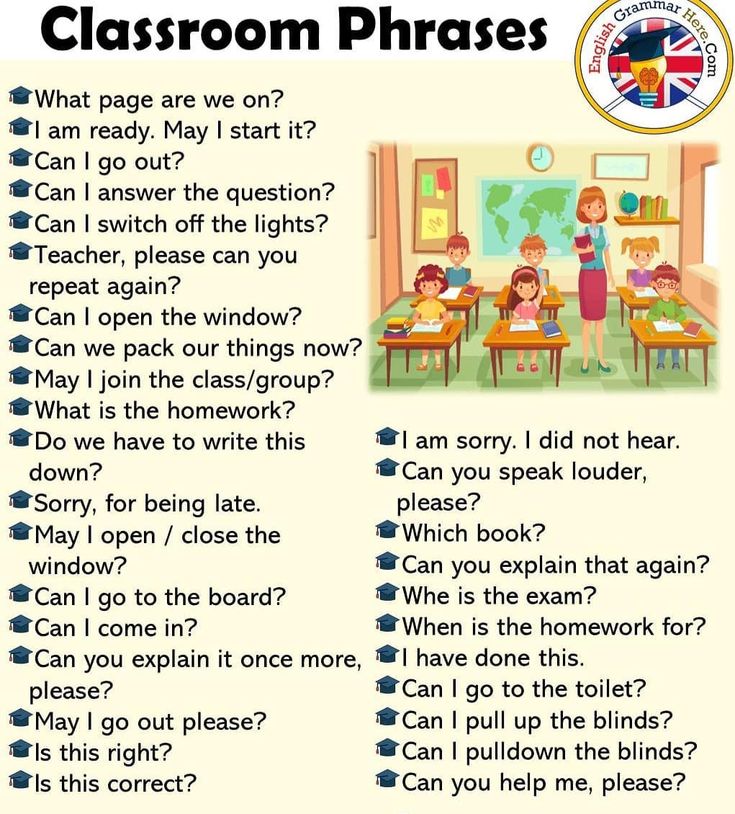 This will put pressure on him, but he may not guess or not want to ask. As a result, half an hour of silence and frustrated mom and baby, who needs this?
This will put pressure on him, but he may not guess or not want to ask. As a result, half an hour of silence and frustrated mom and baby, who needs this?
WHEN IT IS POSSIBLE TO LET THE CHILDREN GO AWAY UNATTENDED
6. Put in a corner.
Another topic under discussion - is it possible to put in a corner? Some say that it is possible, they put them in, they put their children in, and they will put theirs in. There is nothing better than a time-tested remedy. Others say that their children do not stand in the corners and in general negative energy accumulates there. Who is right is up to you. nine0005
FOR:
“The best method of punishment, according to our doctor, is the good old Corner. For hooliganism, refusal to obey, unreasonable whims that did not stop after the first (!) warning, you need to take the child by the hand, look into his eyes, briefly and clearly say what he is being punished for, and take him to an empty corner, better even in another room , and forbid them to leave him (if he leaves without asking, return them)".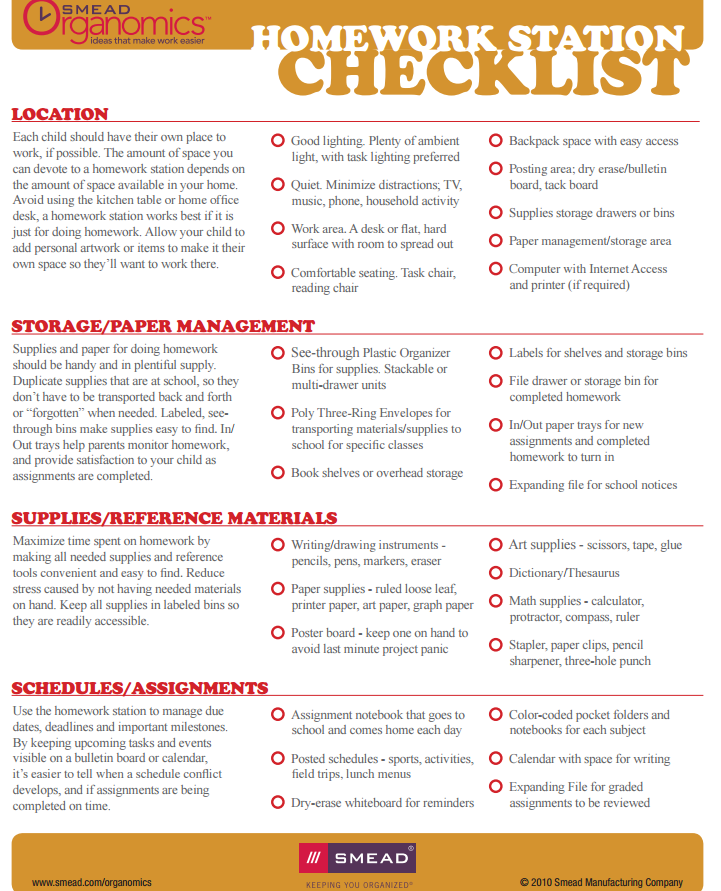
“My daughter, 1.5 years old, stood at the computer and demanded to turn on the cartoon. started whining (not crying), freaking out, stomping I wasn't going to turn it on and said "no". took me to a corner, said that as soon as she stopped being naughty, she would be able to leave. and not a minute passed like a child and forgot about his hysteria. now he starts to command, do you want me in a corner? the baby becomes obedient immediately. True, I don’t often threaten with a corner, so that we don’t become like a joke. ” nine0008
AGAINST:
“As far as I remember I was little and I was put in a corner, but the thing is that I don’t remember what I was thinking, but as a rule I didn’t feel guilty, apparently because my mother I didn’t spend a lot of time explaining, I just set it and that’s it. She also put her eldest son, a little one, in a corner “to think about his behavior”, learning from parental mistakes, she spent time explaining the reason for the punishment.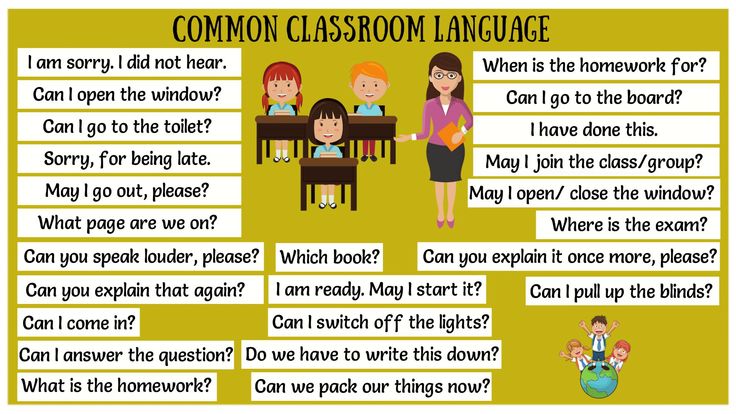 My son usually “thought” there lying down, sitting, and it’s also not clear what:)”. nine0008
My son usually “thought” there lying down, sitting, and it’s also not clear what:)”. nine0008
“Not everyone can be put in a corner. My brother was standing, but I wasn’t, I just went out and started doing some other things. I could either be asked not to do / do something, or clearly explain why such requirements were made to me. Usually after that I easily went to an agreement. I never put my daughter in the corners, but if the child got really naughty, I took her to another room, sat next to her and analyzed in detail what exactly seemed wrong to me in her behavior, then offered to sit and think what was the reason and how avoid mistakes." nine0008
7. Make them work.
Another common type of punishment is labor. Most often - housework. “Now you’ll be washing dishes for three weeks!” And they unloaded themselves, and the child was punished, and the dishes will be clean. The truth may not be very whole, if your bastard gets tired of it all.
FOR:
“Hello, I think that the most important types of punishment are labor and deprivation of some pleasures. Labor always helps a child to improve, and who ennobles labor for a husband, and will help to realize his actions. nine0008
“Now children have no labor discipline at all, they need to be taught somehow, at least like that. But the housework will be done and the child will work hard. If my son behaved badly, I would leave him at home with a computer for the weekend, and send him to his grandfather’s dacha to build a well.”
AGAINST:
“Once, with a fool, apparently, due to absenteeism at school, I forced the child to wash all the floors in the house. Well, of course, he washed his son, but since then he has been hostile to any request for help with cleaning. He also has his own duties around the house, but now the floors are just for absenteeism, apparently. nine0008
“No way!!! This is not a punishment, but you are one family and should distribute the work around the house, and not punish her.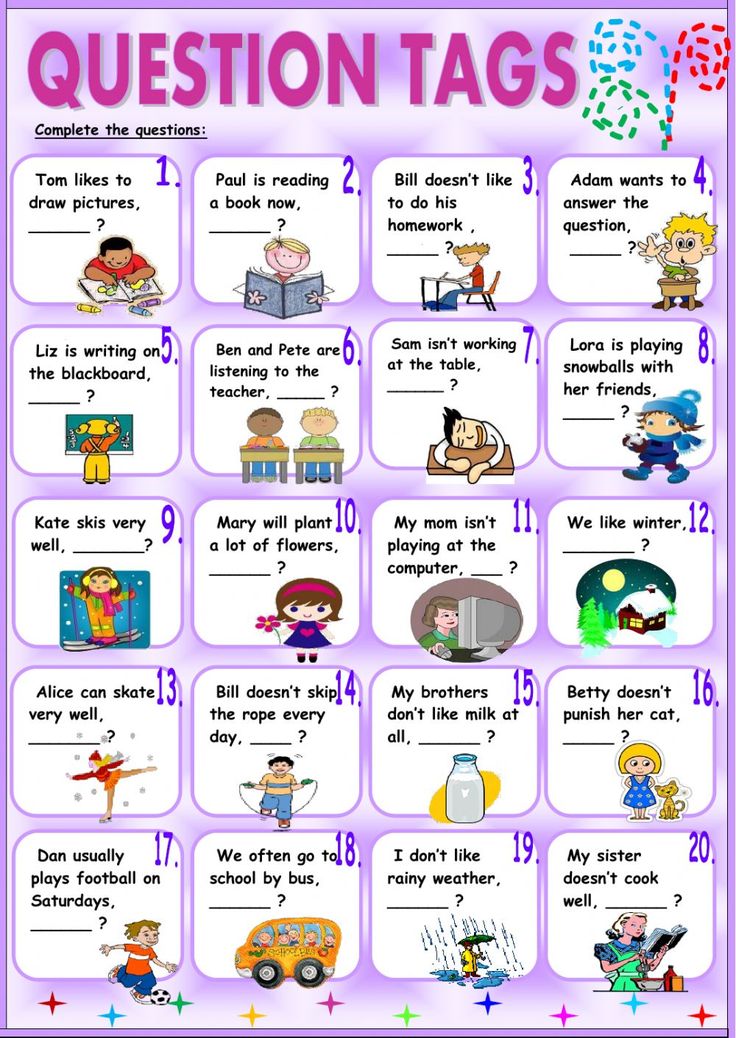 And will you wash the dishes only on holidays or what?”.
And will you wash the dishes only on holidays or what?”.
What else can you advise parents when punishing a child?
- One crime - one punishment corresponding to the misdemeanor. Do not be cruel to petty offenses and do not let a child get away with serious offenses.
- The child must know the rules of conduct. If you didn’t explain to him in advance what you can and cannot do, then this is more your fault than his fault. nine0323
- Do not overtighten. The child quickly forgets what he did. Punishment should follow immediately after, and not in the evening, when you have time.
- Be calm. If you constantly raise your voice, then the child will get used to it and stop perceiving it as a threat. And at the same time, he will adopt this type of behavior for himself.
- Check with spouse/relatives. If dad scolds and mom forgives, then the child will very quickly begin to manipulate the situation in his favor.
